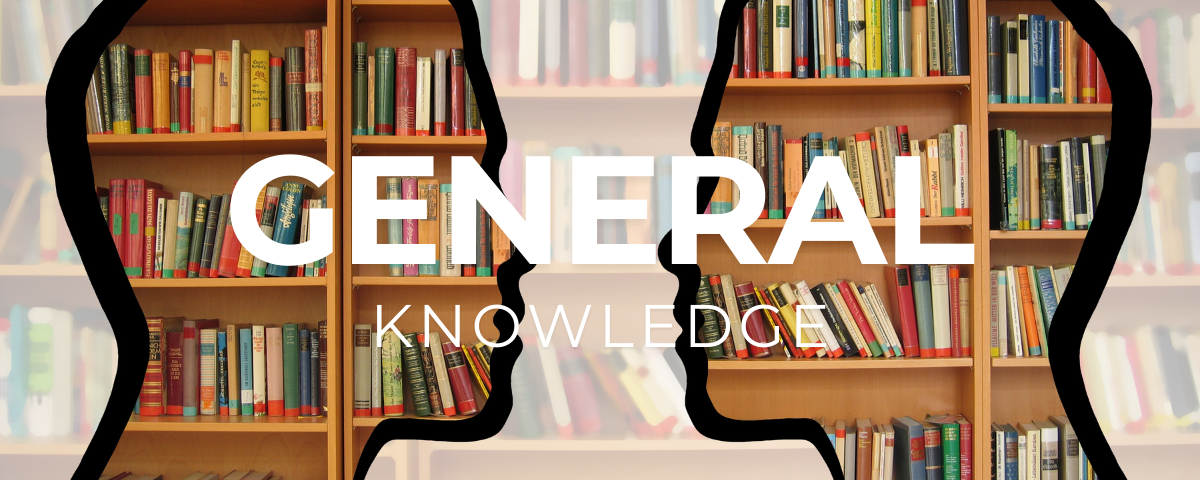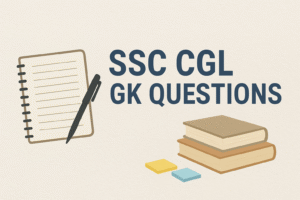Preamble of the Indian Constitution
The final section delves into the modern-day relevance of the Preamble, emphasizing its role in constitutional interpretation and governance. It discusses key concepts like social and political justice, popular sovereignty, and the philosophy of the Indian Constitution. The focus remains on how the Preamble ensures unity and integrity of the nation, the dignity of the individual, and upholds the fundamental principles guiding India today.
Question 51: What is the significance of the term ‘Republic' in the Preamble of the Indian Constitution?
A. India is governed by a monarch
B. India follows a representative democracy
C. India has a presidential system
D. The head of state is elected, not hereditary
Show Answer
Answer: D. The head of state is elected, not hereditary
Question 52: Which of the following concepts was NOT included in the Preamble of the Indian Constitution?
A. Justice
B. Liberty
C. Socialism
D. Federalism
Show Answer
Answer: D. Federalism
Question 53: What is meant by ‘Justice' in the Preamble of the Indian Constitution?
A. Political Justice
B. Economic Justice
C. Social Justice
D. All of the above
Show Answer
Answer: D. All of the above
Question 54: Which of the following does NOT reflect the values expressed in the Preamble?
A. Equality of all citizens
B. Prohibition of caste-based discrimination
C. Establishment of a welfare state
D. Establishment of a capitalist economy
Show Answer
Answer: D. Establishment of a capitalist economy
Question 55: In which year was the term ‘Socialist' added to the Preamble of the Indian Constitution?
A. 1950
B. 1960
C. 1976
D. 1990
Show Answer
Answer: C. 1976
Question 56: The term ‘Secular' in the Preamble of the Indian Constitution refers to?
A. The state respects all religions
B. The state has no religion
C. Religious conflicts are prohibited
D. All of the above
Show Answer
Answer: D. All of the above
Question 57: The words ‘We the People of India' in the Preamble emphasize?
A. The authority of the people in the Constitution
B. The role of the state in drafting the Constitution
C. The importance of the government in the Constitution
D. The role of foreign powers
Show Answer
Answer: A. The authority of the people in the Constitution
Question 58: Which of the following words is NOT part of the Preamble?
A. Sovereign
B. Socialist
C. Secular
D. Federal
Show Answer
Answer: D. Federal
Question 59: The phrase ‘Fraternity assuring the dignity of the individual' in the Preamble means?
A. Social equality for all citizens
B. Prohibition of discrimination based on caste
C. Protection of individual rights
D. All of the above
Show Answer
Answer: D. All of the above
Question 60: Which of the following is the ultimate source of authority as per the Preamble of the Indian Constitution?
A. The President
B. The Parliament
C. The Judiciary
D. The People of India
Show Answer
Answer: D. The People of India
Question 61: The Preamble reflects the idea of which type of government?
A. Monarchy
B. Dictatorship
C. Democracy
D. Oligarchy
Show Answer
Answer: C. Democracy
Question 62: Which word in the Preamble signifies that India is free from external control?
A. Republic
B. Sovereign
C. Socialist
D. Secular
Show Answer
Answer: B. Sovereign
Question 63: The term ‘Democratic' in the Preamble indicates that India follows?
A. Rule by a single party
B. Rule by the people through elections
C. Rule by the army
D. None of the above
Show Answer
Answer: B. Rule by the people through elections
Question 64: The Preamble mentions the goal of ‘Justice' under which three categories?
A. Social, Economic, Political
B. Legal, Political, Religious
C. Legal, Social, Economic
D. Social, Economic, Cultural
Show Answer
Answer: A. Social, Economic, Political
Question 65: Who is responsible for the adoption of the Preamble of the Indian Constitution?
A. The President
B. The Constituent Assembly
C. The Parliament
D. The Judiciary
Show Answer
Answer: B. The Constituent Assembly
Question 66: The term ‘Socialist' in the Preamble signifies?
A. The establishment of a welfare state
B. The establishment of a capitalist economy
C. The nationalization of all industries
D. Economic justice for all
Show Answer
Answer: D. Economic justice for all
Question 67: The inclusion of the term ‘Secular' in the Preamble indicates that?
A. Religion is a matter of personal belief and does not affect government policies
B. The government is prohibited from favoring any religion
C. All religions are treated equally
D. All of the above
Show Answer
Answer: D. All of the above
Question 68: Which of the following is true about the Preamble?
A. It is a part of the Constitution but not enforceable in a court of law
B. It is enforceable in a court of law
C. It was omitted in the original draft of the Constitution
D. It only states the goals of the Constitution
Show Answer
Answer: A. It is a part of the Constitution but not enforceable in a court of law
Question 69: In the context of the Indian Constitution, what is meant by ‘Justice'?
A. Equal treatment for all individuals under the law
B. Access to healthcare
C. Establishment of a welfare state
D. All of the above
Show Answer
Answer: D. All of the above
Question 70: The phrase ‘We the People of India' in the Preamble reflects the idea of?
A. Popular sovereignty
B. Sovereignty of the Parliament
C. Rule of law
D. Autocratic governance
Show Answer
Answer: A. Popular sovereignty
The Preamble of the Indian Constitution remains a timeless guide for modern India, ensuring the nation stays committed to its democratic ideals. Through its emphasis on social and political justice, unity and integrity, and the dignity of the individual, it inspires governance that aligns with the aspirations of the people. The fundamental principles enshrined in the Preamble continue to uphold India’s vision of a just, inclusive, and progressive society.
Related MCQs –





